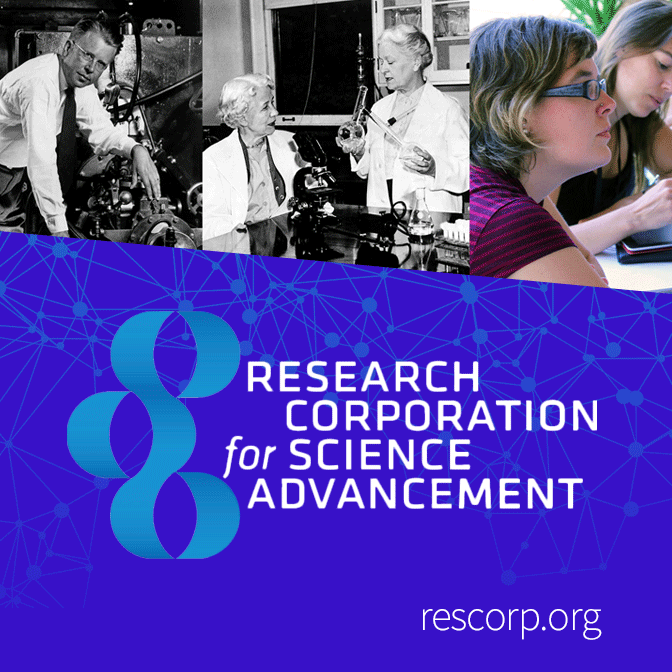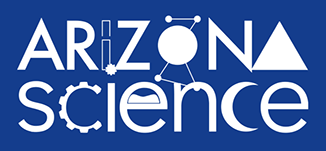 A colony of embryonic stem cells, from the H9 cell line (NIH code: WA09). Viewed at 10X with Carl Zeiss Axiovert scope. (The cells in the background are mouse fibroblast cells. Only the colony in the centre are human embryonic stem cells)
A colony of embryonic stem cells, from the H9 cell line (NIH code: WA09). Viewed at 10X with Carl Zeiss Axiovert scope. (The cells in the background are mouse fibroblast cells. Only the colony in the centre are human embryonic stem cells)
Ryddragyn
Deepta Bhattacharya's lab combines the fields of immunology and stem cell biology. The connection is designed to examine how the body deals with damaged cells and protects against lifetime health issues. Embryonic stem cells are able to repair and replace diseased tissue and organs. They have the potential to help people with spinal cord injuries, cancer, and Alzheimer's disease.
Deepta Bhattacharya spoke with Leslie Tolbert, PhD., Regents Professor Emerita in Neuroscience at the University of Arizona.
Catch Arizona Science each Friday during Science Friday on NPR 89.1. You can subscribe to our podcast on Apple Music, Spotify, Amazon Music, or the NPR App. See more from Arizona Science.
MORE:




By submitting your comments, you hereby give AZPM the right to post your comments and potentially use them in any other form of media operated by this institution.